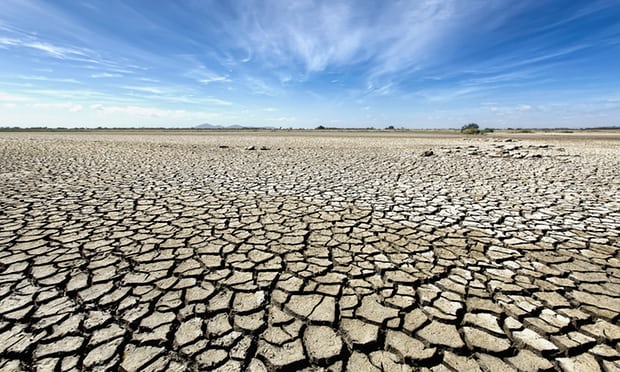It sounds like a distant dystopian crisis: a world where global food and water supply chains buckle under the strain of overpopulation and climate change, before being contaminated by weapons of mass destruction unleashed in a desperate fight for access to what little is left.
While the crisis may not be as unrealistic or far away as it seems, scientists are already coming up with potential solutions. One is the curiously named metal organic frameworks (MOFs), a powder of nano-engineered crystals with an apparently endless variety of uses.
One teaspoon of these crystals contain the surface area of an entire football field, and scientists have been able to customise them to absorb and store vast quantities of a desired substance.
In 1998 Professor Omar Yaghi, a chemist who now works at the University of California, Berkeley, made the breakthrough that showed it was possible to craft structures that can be imagined as metal scaffolding at a molecular level, bound together by organic links.
Less than two decades later, MOFs are being applied to purposes that even he could not have imagined, many of which would be particularly handy in a world falling apart – such as fabrics that can protect against chemical weapons, devices that can artificially replicate photosynthesis to transform carbon emissions into oxygen, and glowing crystals that can detect and trap contaminants in water.
Yaghi himself has developed a MOF that enables the harvesting of moisture out of the sky, and unlike other technologies that can already do this in high-humidity areas, the device using Yaghi’s powder works in the dry desertified conditions that are gradually expanding around the globe.
“We are living in an uncertain time,” Yaghi observes, “and fresh water is going to be one of the most precious and sought-after resources to humanity.”
In 2014, Yaghi reached out to MIT mechanical engineer professor Evelyn Wang about creating a machine capable of using his MOF technology. Wang and her team developed a transparent box with a top surface painted black to absorb solar heat, which prompts a reaction that delivers enough drinking water for a person’s daily needs with 1kg of the powder, even in areas of 20% air humidity.
“During the night, these MOFs soak up the water from air, and when the sun comes up, the MOFs will release water to be collected due to the warmth of the sun,” Yaghi says. “Then these empty MOFs will be ready to absorb water from the air at night again.”
Yaghi hopes these devices will enable people to access what he calls “personalised water” – off-grid and free of any impurities.
This article was originally published by The Guardian.





